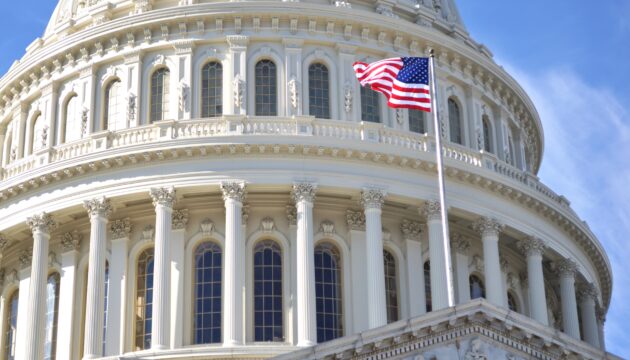Articles
-
A New Way to Pay for Innovative Drugs, Provide Universal Access and Not Break the Bank
Neeraj Sood penned an analysis of Louisiana’s new path to curing hepatitis C among its Medicaid and prison populations. It is the first state to implement a solution proposed by Sood in a National Academies of Sciences consensus report and in a leading medical journal.
Categorized in -
Federal Policy to End Surprise Billing: Building on Prior Approaches
USC-Brookings Schaeffer Initiative experts review differences among two proposals to combat surprise medical bills in the 115th Congress and outline some key considerations for the next wave of federal surprise billing policy.
Categorized in -
Ending Drug Rebates will Increase Medicare Part D Premiums, but Most Seniors will be Insulated From It
Erin Trish and Dana Goldman argue eliminating drug rebates will increase the cost of Medicare Part D premiums, but most seniors will be not feel the effects. They say seniors should ignore pharmacy benefit managers’ alarm raised by the proposal.
Categorized in -
American Drug Overdose Death Rates the Highest Among Wealthy Nations
Drug overdose mortality has reached unprecedented levels in the U.S., more than tripling over the past 20 years. Is this a uniquely American epidemic or are other high-income counties facing a similar crisis? RCMAR Scientist and USC Leonard Davis School Assistant Professor Jessica Ho looks at the data.
-
Even if it Survives the Courts, ObamaCare Needs Help
In an op-ed for The Hill, Schaeffer Center professor John Romley and Cedars-Sinai president and CEO Thomas Priselac write that step one to fix the ACA is accepting that payment cuts and cost shaming do not work.
Categorized in -
Reducing Unfair Out-of-Network Billing — Integrated Approaches to Protecting Patients
It may be possible to balance the competing goals of consumer protection and market innovation in state and federal oversight of health plan networks, according to a new opinion piece in The New England Journal of Medicine.
Categorized in -
The U.S. Should Assess the Economic Value of Drugs Rather Than Leave it up to Other Countries
Why are prescription drugs are often priced lower overseas? Many countries perform detailed assessments of the economic value of drugs and their benefits, and this could work in the U.S., says William Padula
Categorized in -
Texas Ruling Over Obamacare is Wrong to Claim That Without the Insurance Mandate, the Healthcare Law Can’t Survive
The Affordable Care Act’s insurance markets are stable, even without a penalty for those who don’t have coverage.
Categorized in -
NIH Awards USC School of Pharmacy, Price School of Public Policy 5-Year Grant to Support Minority Aging Research in Schaeffer Center
The $2.7 million award funds scholars pursuing research in health disparities in aging with an emphasis on Alzheimer’s disease.
-
The Trump Administration Side-Stepped Rulemaking Processes on the ACA’s State Innovation Waivers— And it Could Make Their New Section 1332 Guidance Invalid
Claims that the guidance is procedurally invalid open up potential new avenues for litigation surrounding section 1332 in general and could also become relevant to challenges regarding an approved waiver.
Categorized in








